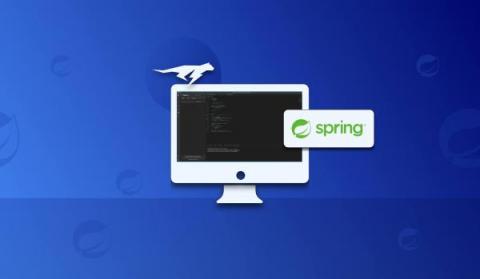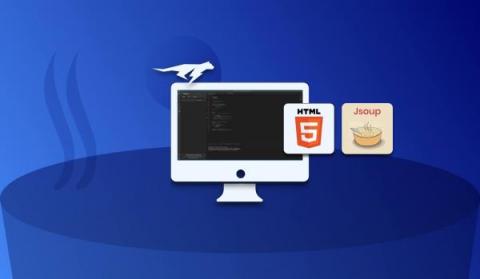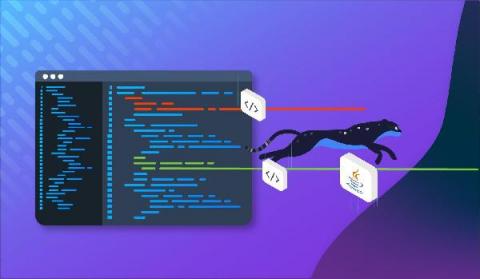Spring Transaction Debugging in Production with Lightrun
Spring makes building a reliable application much easier thanks to its declarative transaction management. It also supports programmatic transaction management, but that’s not as common. In this article, I want to focus on the declarative transaction management angle, since it seems much harder to debug compared to the programmatic approach. This is partially true. We can’t put a breakpoint on a transactional annotation. But I’m getting ahead of myself.











